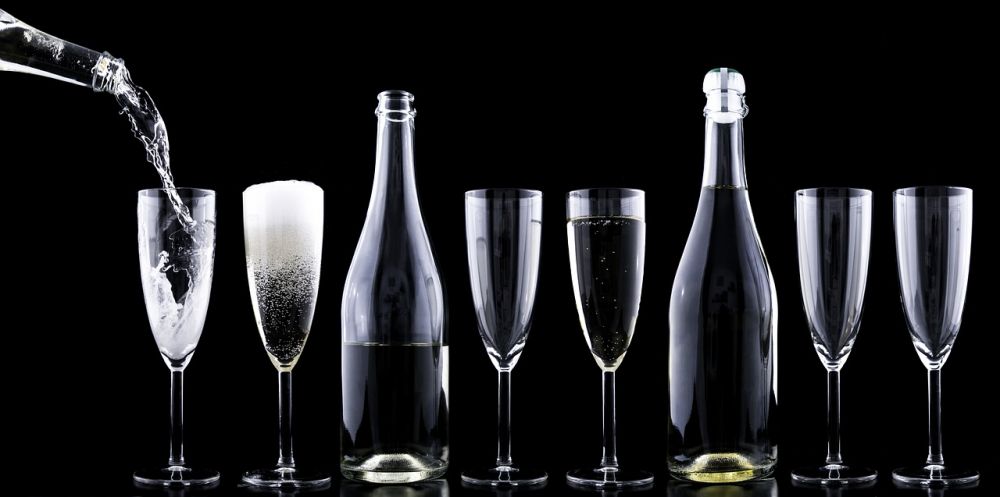Hvor mye vann må man drikke for å dø

?
Hvor mye vann må man drikke for å dø?

At first glance, the question of how much water a person needs to drink to die may seem morbid or even nonsensical. After all, water is essential for survival, and it is well-known that dehydration can lead to serious health problems. However, there have been cases where individuals have consumed excessive amounts of water with fatal consequences. In this article, we will delve deeper into the topic of water intoxication and explore the various factors that can determine how much water it takes to reach a lethal dose.
Understanding Water Intoxication
Water intoxication, also known as water poisoning or hyperhydration, occurs when the balance of electrolytes in the body is disrupted due to the excessive consumption of water. This imbalance can lead to various complications, including cellular swelling and dilution of important substances in the blood. While it may sound counterintuitive, drinking too much water can actually be detrimental to our health.
There are different types of water that can cause water intoxication, including tap water, bottled water, and even excessive consumption of sports drinks and electrolyte solutions. It is important to note that water intoxication is relatively rare and typically occurs in extreme cases where individuals consume an excessive amount of water within a short period of time.
Quantitative Measurements of Water Intoxication
To understand how much water it takes to die from water intoxication, we need to consider several factors. The lethal dose of water varies depending on an individual’s body weight, overall health, and the speed at which the water is consumed. As a general guideline, consuming more than 3-4 liters of water within a short period of time can be considered potentially dangerous, especially for individuals with underlying health conditions or those engaging in intense physical activity.
However, it is crucial to mention that the exact amount of water required to cause death can vary significantly from person to person. Some individuals may be more susceptible to water intoxication due to pre-existing medical conditions or individual differences in kidney function. Therefore, it is essential to approach water consumption with caution and be mindful of one’s own bodily signals and limitations.
Differences Between Water Intoxication Cases
One important aspect to consider regarding water intoxication is the difference between acute and chronic cases. Acute water intoxication refers to instances where a large amount of water is consumed within a short period of time, overwhelming the body’s ability to excrete it. Chronic water intoxication, on the other hand, occurs when individuals consistently consume excessive amounts of water over an extended period of time.
Acute cases of water intoxication are often associated with activities such as water drinking contests, hazing rituals, or extreme endurance events. Chronic water intoxication, sometimes known as psychogenic polydipsia, can occur in individuals with mental health disorders or those who have a compulsive need to drink excessive amounts of water.
Historical Overview of Pros and Cons of Water Intoxication
Throughout history, water intoxication has been a subject of interest and controversy. In ancient times, excessive water consumption was sometimes used as a form of punishment, such as the «water cure» during the Spanish Inquisition. In modern times, water intoxication gained attention with the rise of water drinking challenges and various social media trends.
On the positive side, water intoxication can be prevented through education and raising awareness about the dangers of excessive water consumption. Additionally, it is important to note that water is essential for our overall health and well-being. Adequate hydration is crucial for maintaining proper bodily functions, and it is essential to find the right balance between hydration and excessive water intake.
In conclusion, the amount of water it takes to die from water intoxication can vary depending on various factors such as body weight, overall health, and the speed at which the water is consumed. While water intoxication is relatively rare, it is important to approach water consumption with caution and be mindful of one’s own body’s signals for thirst and hydration. By understanding the potential risks and practicing moderation, we can maintain a healthy balance of water intake and avoid the dangers of water intoxication.





